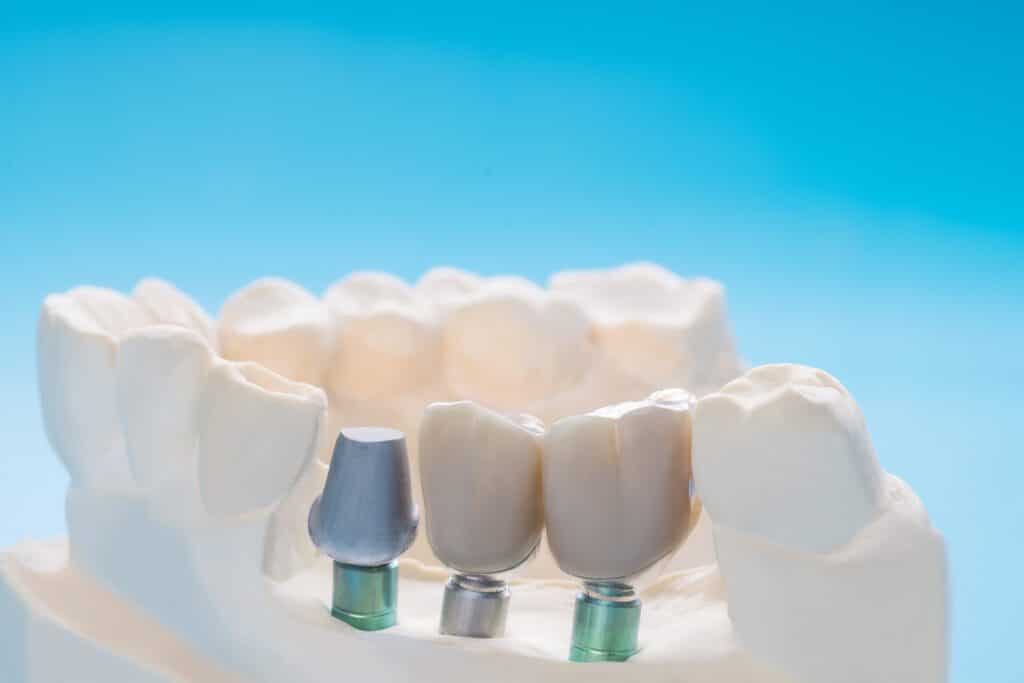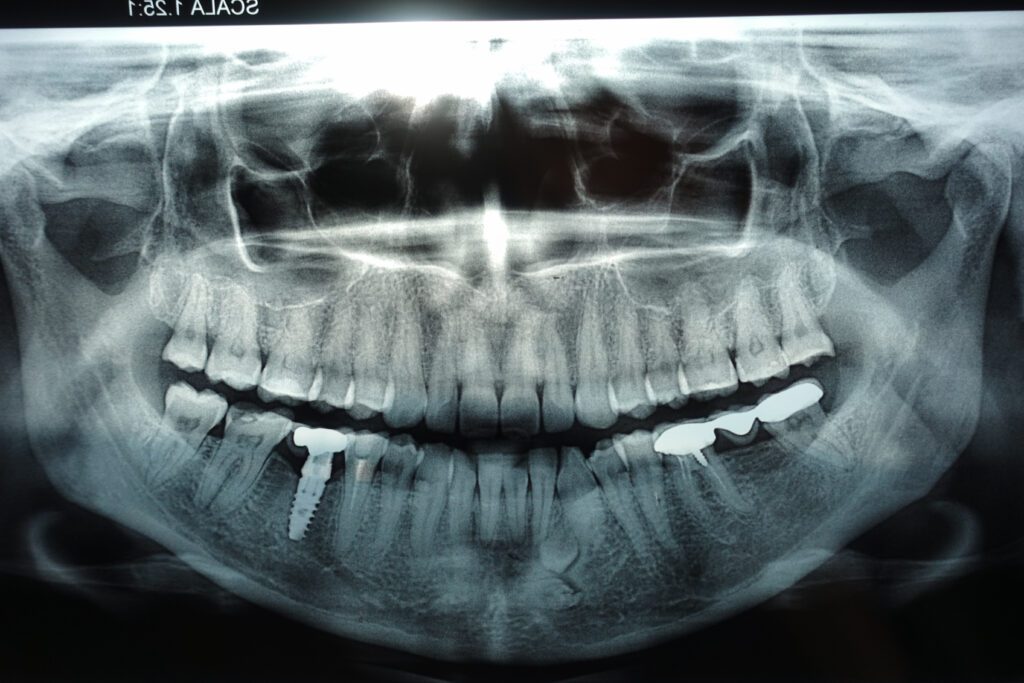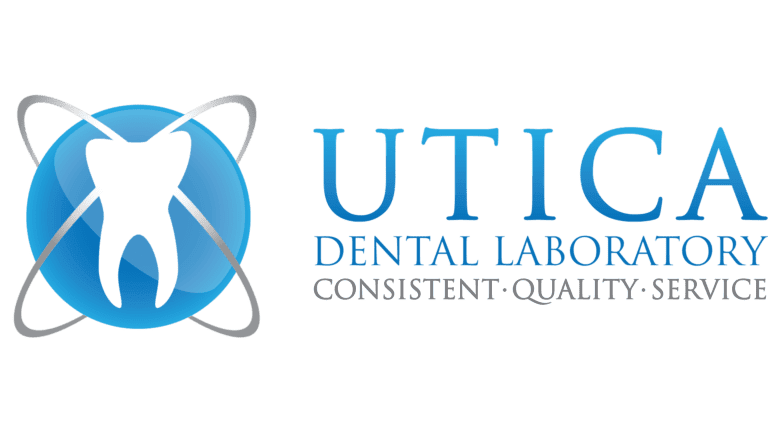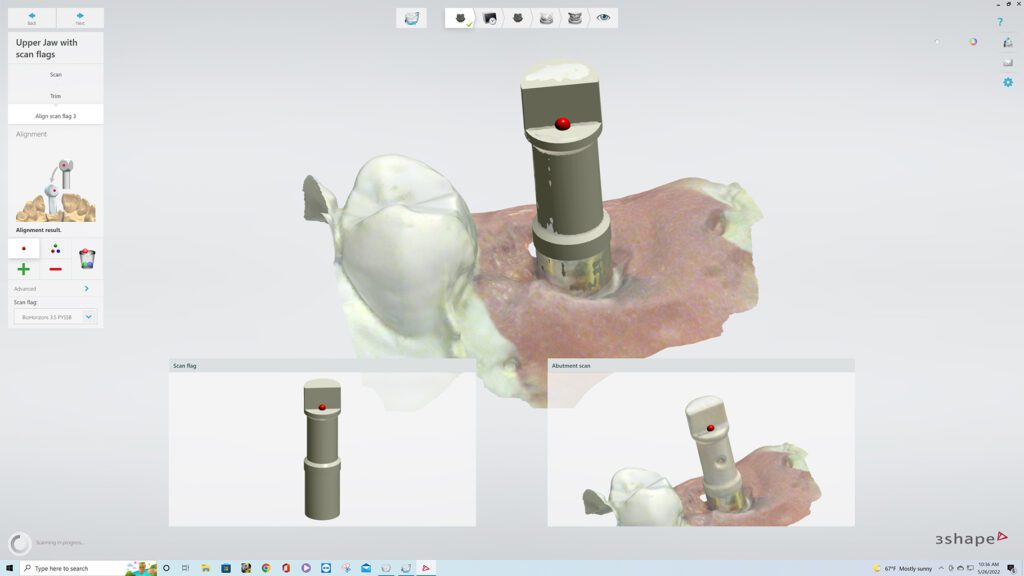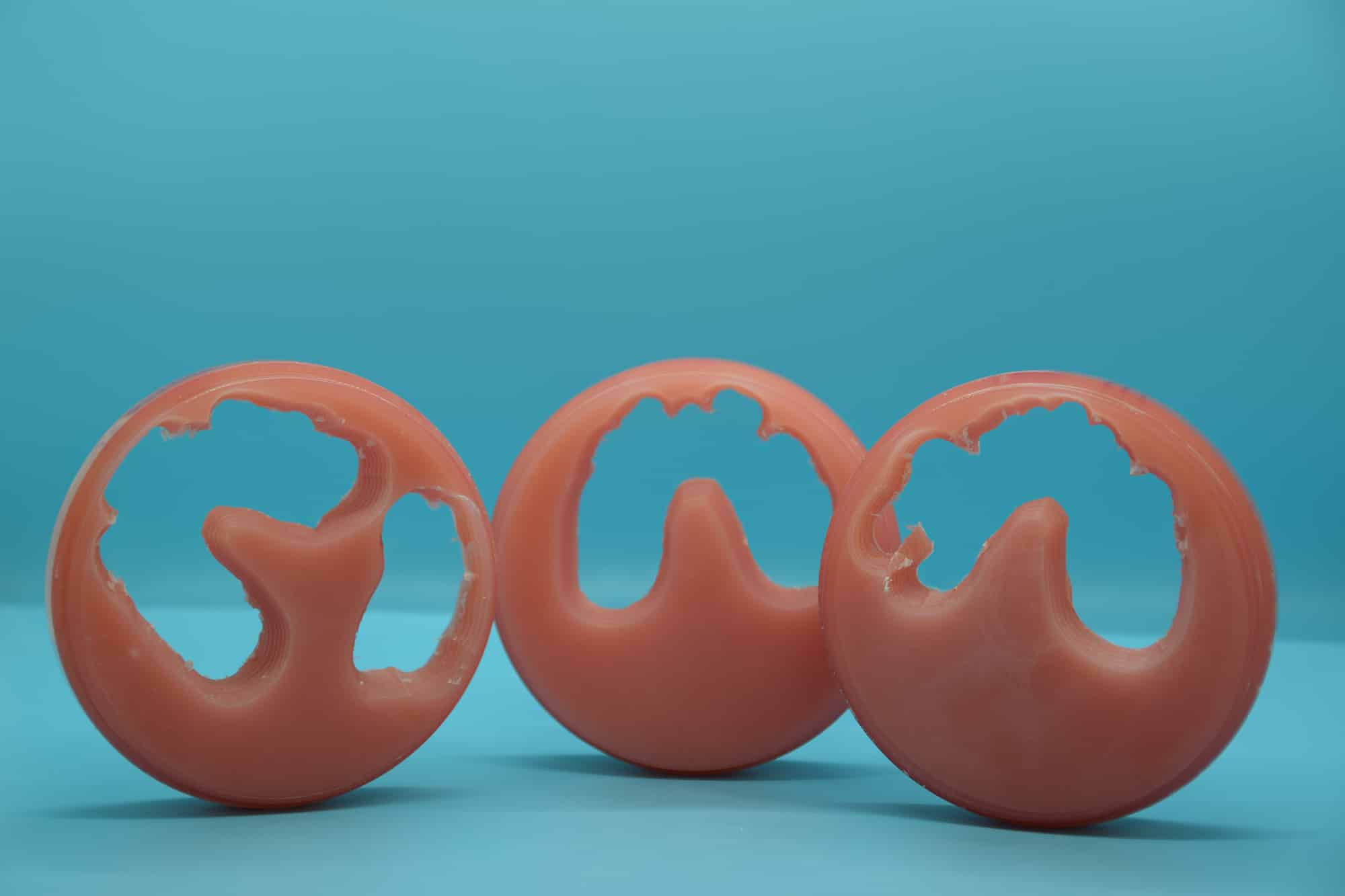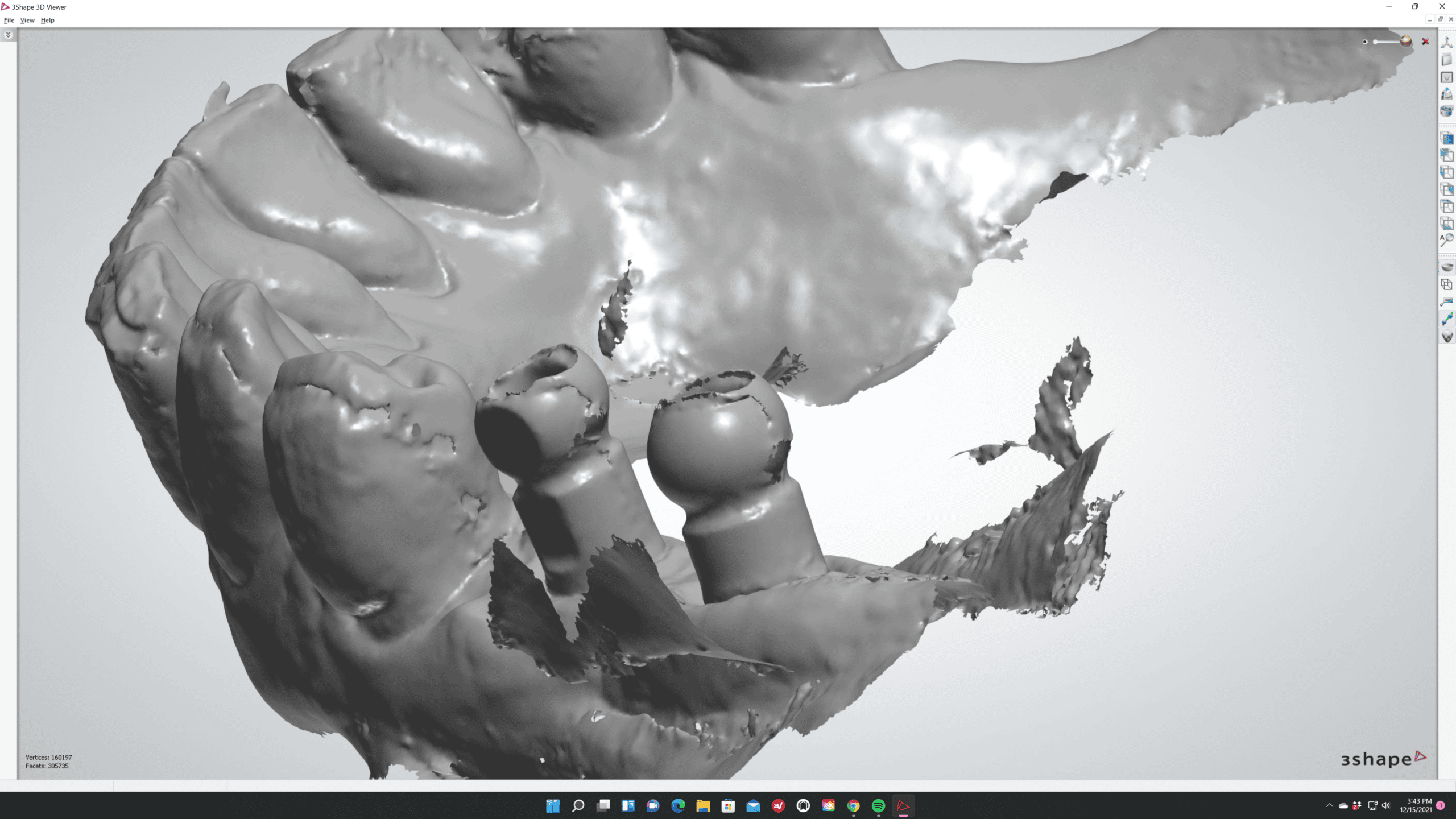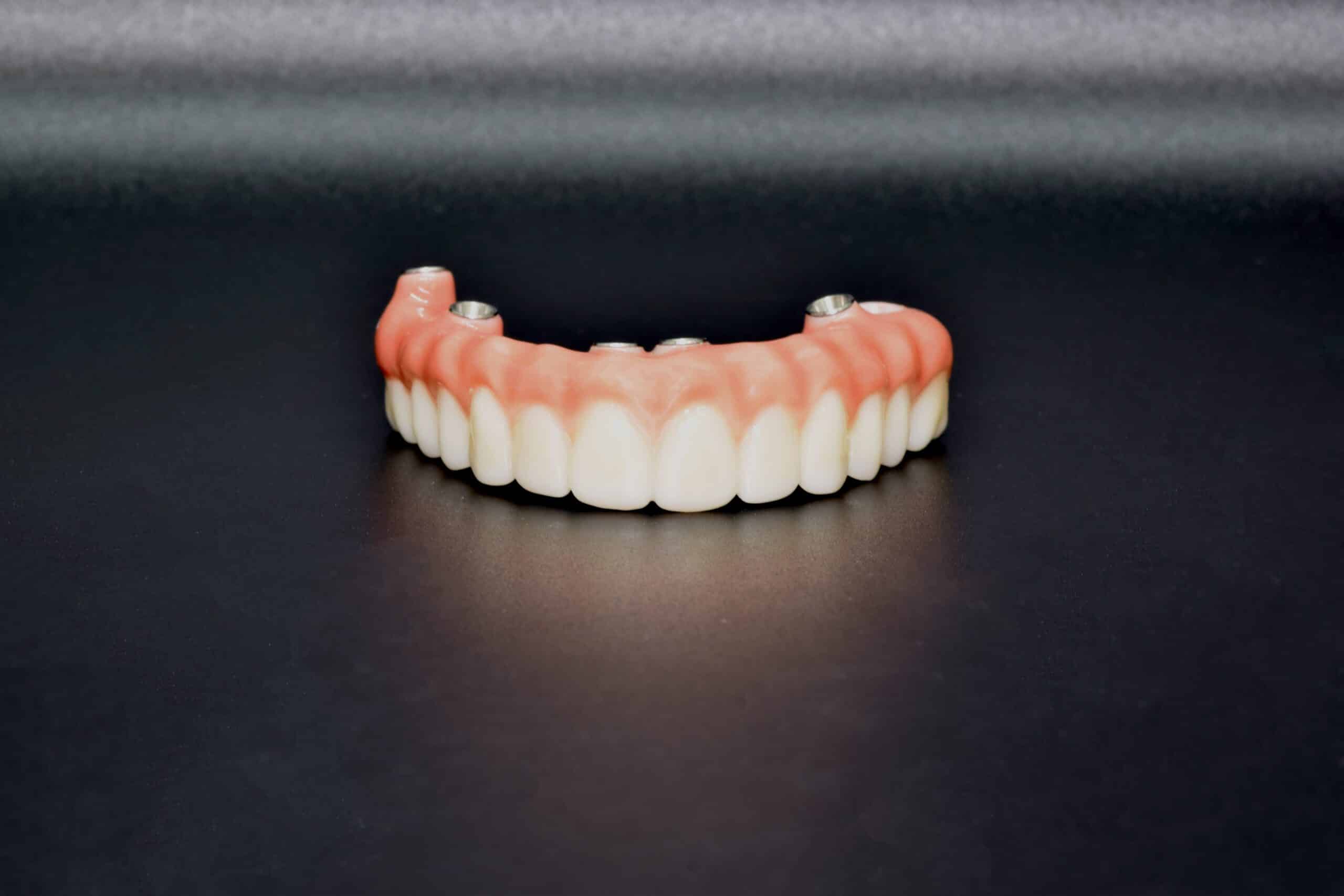Home » Dental Technology » Dental Implants & Custom Abutment Options in the Dental Lab
Dental implants are the fastest growing segment in dentistry. Last year, over 3 million dental implants were placed in the U.S. What was once a specialized craft suitable only for oral surgeons, each successive generation of dentists graduate dental school with the knowledge and ability to place dental implants.
As the number of dentists capable of placing implants has grown, so to has the number of manufacturers offering the hardware for sale.
So what options are there in the dental lab? Is it wise to use off brand, compatible parts? Once placed, what are the best options for abutments and crown?
Materials Matter When Choosing Dental Implant Companies
The overwhelming majority of implants being placed are made of titanium alloy. While zirconia implants do exist, their use is limited.
Titanium has been in use for various medical reasons since the 1960’s. The metal is unique as it is strong, but more importantly biocompatible. Titanium alloys retain the same strength and corrosion resistance as pure titanium but takes on the greater flexibility and malleability of the metal it is combined with.
Grading materials for Ti implant parts is similar how gold’s purity is graded. Just as gold is measured 14k, 18, 24k Titanium is also graded based on purity.
There are six grades of pure titanium (grades 1,2,3,4,7 and 11) and 4 varieties of titanium alloys. Titanium alloys typically contain traces of aluminum, molybdenum, vanadium, niobium, tantalum, zirconium, manganese, iron, chromium, cobalt, nickel, and copper.
The two highest grades of Ti alloys are Grade 5 and Grade 23. Grade 23 , technically named Ti 6 AL-4V ELI, is also referred to as the “surgical titanium”. This alloy has the same strength as grade 5 but has a higher degree of biocompatibility. This is the Ti alloy that should be used to make dental implants.
This is an area where you get what you pay for. Be certain there are no corners being cut in terms of the materials used for implant parts.
Titanium Custom Abutments are Preferred
Stock abutments are available from all manufacturers. Most cases require the flexibility to adjust the angle of the screw so a crown can have enough room to fit in the patient’s mouth. Also, how the abutment and crown are seated on the gums also needs to be considered. Custom abutments are designed in-house using CAD/CAM tech and properly fit the contours of the mouth.
Abutments may come in stock sizes, but patients do not.
Zirconia Crowns Eliminate Need for Zirconia Abutments
Utica Dental Lab designs and mills all zirconia crowns in house. There may be some concern regarding the esthetics of an anterior crown when using a titanium abutment.
We have found those fears to be unfounded. While translucency and esthetics of zirconia has improved drastically over the years, translucency is not to the point where a titanium abutment will show through. However, this is an issue that may be considered if using porcelain or Li-Di restorations.
TRU Abutment Compatible Dental Implant Parts
Many dentists prefer to use authentic OEM parts, keeping like with like. While using the same manufacturer for abutments as well as implant base is always an option at Utica Dental Lab, it is not necessary.
Utica Dental Lab is a TRU Abutment Laboratory that offers compatible parts with all major implant systems. Check out our website for more information regarding compatibility for custom abutments.
